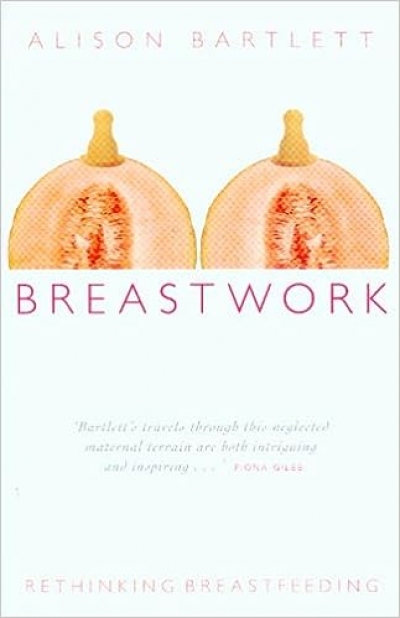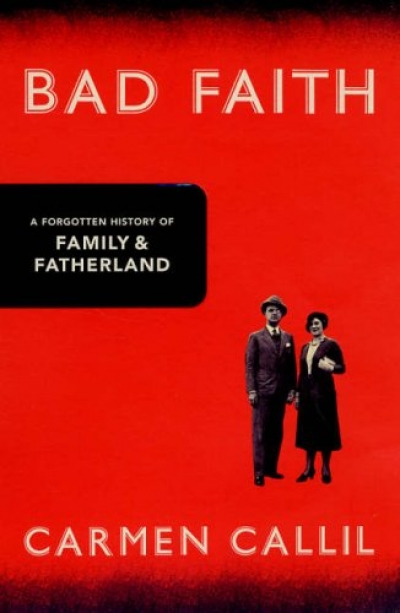Accessibility Tools
- Content scaling 100%
- Font size 100%
- Line height 100%
- Letter spacing 100%
Archive
After attaining a low-luminosity arts degree, I worked for a year as a handyman in my university’s Research School of Physical Sciences. This was in 1972, when the new particle accelerator was being installed in its massive concrete tower; its assembly made my humble handyman job one of the most intriguing and happy employments I have had. We bolted together the sandblasted steel pipes for the SF6 (sulphur hexafluoride) coolant, first larding their joints with gaskets of white gunk. In a lofty workshop dominated by the monstrous ex-Krupps steel mill (a German war reparation), we hefted the odd magnetron on chainblocks that our master-craftsmen might more conveniently prepare it for installation. We crawled into the cavernous interior of the accelerator’s ‘tank’ to grind at weld-burrs until the steel surface had no tiny irregularity to which the fourteen million volts intended for the apparatus could distractingly zap. To this smooth surface we then applied a silver paint until we stood, spattered angels encompassed by our weird reflective heaven. We watched the precision tubes being installed through the centre of this tank by lanky experts from Wisconsin, knowing how, within these conduits, the particles were to be accelerated by that impressive voltage toward targets the size of my thumbnail in collisions that would explain the universe finely.
... (read more)History has never been so much fun,’ says the blurb of one of the books reviewed below. Welcome to the twenty-first century. Work is fun. History is fun. Writing is fun. Writing history must therefore be really fun!
... (read more)Breastwork by Alison Bartlett & Mixed Blessings by Deborah Lee
Autobiography is based on a paradox. It is a generic representation of identity, but identity and genre appear to be antithetical. If we conventionally think of our identity as unique (singular, autonomous and self-made), how then can the presentation of that identity be generic? How, when narrating our lives, can we be both singular and understandable? Does narrating a life presuppose a way of writing (that is, a genre) that will make it recognisable as a story of a life? And how individual can we be, given that we are social animals? We live in families, form attachments and belong to institutions. How much is identity a case of identifying with others?
... (read more)Here we go again!
There are few certainties in this world, but newspapers can be relied on to conjure stories and brouhahas from a select group of cultural activities. Screen a movie to a class of undergraduates, or add pulp fiction to a curriculum, and The Australian – possibly even the prime minister – will be down on you like a ton of bricks. Should Opera Australia go into the red, all hell can be relied on to break loose. If Radio National has the audacity to cover both sides of a story, you can be sure it will pay a heavy price.
... (read more)It’s before I got the wandering eye.
I daydream I’ve already left:
without her each morning I’d be able to wake,
stretch in bed-warmth, blink used to light, not lie
feigning sleep in case she cradles my back,
her lap flexing for my elbow to lift
to take her arm onto my chest. I keep still
until she shadow-dresses upon the wall.




